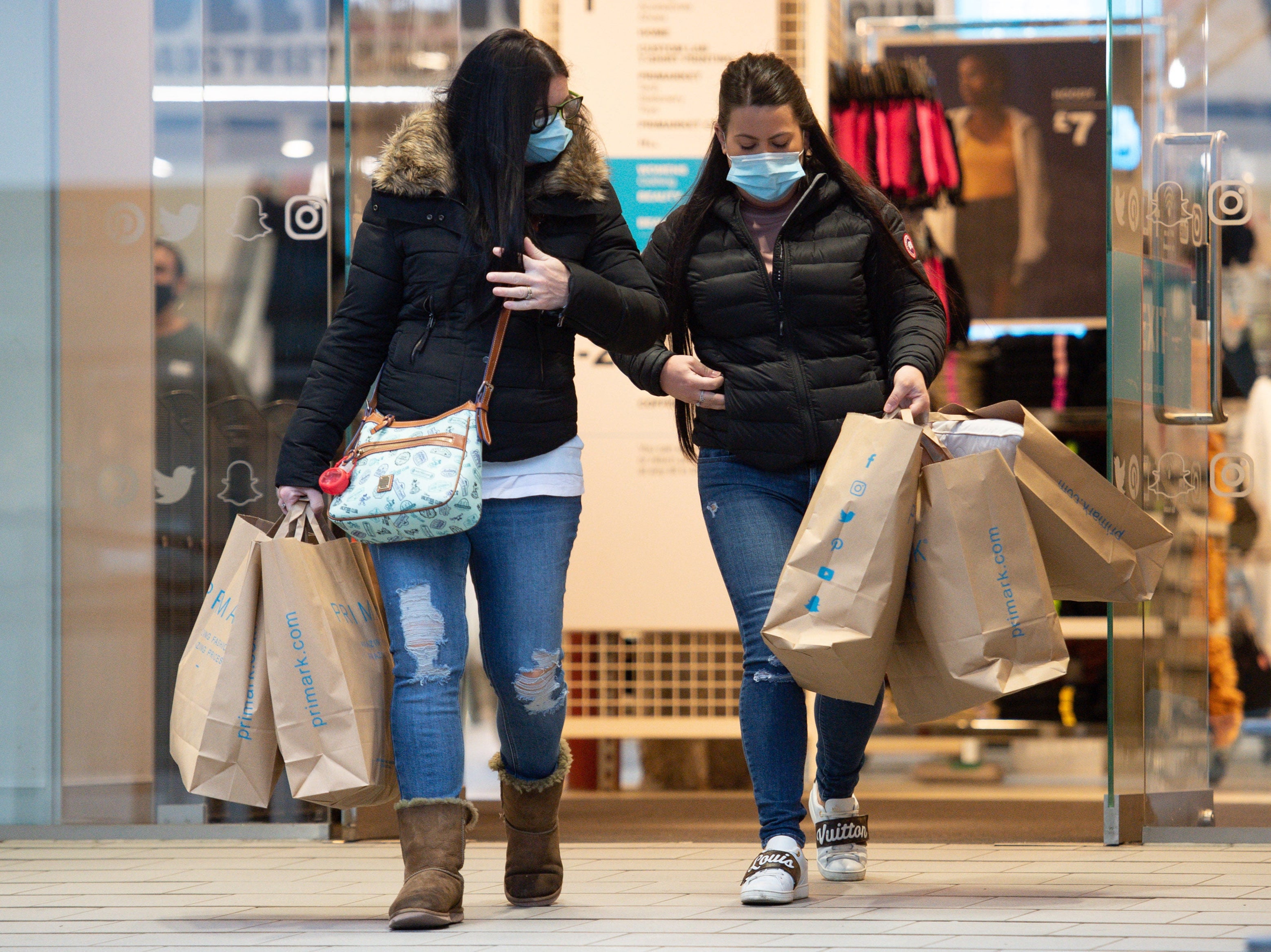Britain’s rip-roaring pandemic recovery has been anything but
Data from Kantar indicates a slow recovery for some of the worst-hit sectors. Confidence remains thin as the Delta variant continues to cast a pall over the country, writes James Moore


What was rather tastelessly described as “freedom day” hasn’t exactly led to a roaring recovery in the sectors worst hit by the pandemic.
Data specialist Kantar found a quarter of a million trips a day have been made to pubs and bars since the end of July, which may sound good but isn’t actually much of an improvement when compared to June, during which time pubs were open but with some restrictions (remember, the walls only fully came down on 19 July).
The numbers are, Kantar says, also down 24 per cent when compared to an average day in August 2019. August 2019 sometimes seems as if it was 20 rather than two years ago.
Just 6 per cent of us visited the cinema in the week ending 25 July, the highest number since the first lockdown but still only just under half pre-pandemic levels. That number is borne out by the published box-office returns and may be at least partially influenced by the paucity of big-ticket releases plus, obviously, the availability of much what has come out at home via video on demand.
Interestingly the firm found 1.1 million trips to clothes stores on the day itself, which was 40 per cent fewer than the 19 April peak, a week after restrictions started to be eased and 40 per cent down on an average week in August 2019. People are disinclined to browse as they once did. When they visit shops they tend to do so with a purpose in mind.
One thing to consider from this: the labour shortages that have emerged to plague the UK economy have affected both the supply chains of businesses in the hospitality and other sectors as well as the front of house through their struggles to find their own staff. Imagine what we might be seeing if they were running closer to capacity. You can get at least a sense of that from the reports that have emerged from holiday hotspots in Devon and Cornwall and it isn’t pretty.
An obvious question this data also throws up is how long some of these businesses will be able to hang on as they struggle to cope with this and the financial consequences of the long months spent in mothballs.
Some of them won’t have to worry about staff shortages for much longer. The corporate insolvency figures, already on the rise, will bear close scrutiny over the next few months. This could soon get ugly.
One of the major issues those that remain standing are going to have to start thinking about is how to lure back what I have described as the Covid-cautious. These are the people who look at case counts, who read the reports about the depredations of the Delta variant, and who worry about the warnings about the reduced protection provided by vaccines over time even though, and this bears repeating, the available vaccines are very good.
The industry’s beating of the drum for reopening was understandable given its plight, but it hasn’t always helped itself with these people. Nor has the government.
Mask mandates and vaccine passports are controversial but here’s the thing: they might deliver a net gain to some embattled sectors if they serve to drag people away from shopping online for home decor and DIY equipment (both boom sectors).
Of course, that would bring the issue of staff shortages back to the fore. Nobody said this was going to be easy.
The government is, of course, to blame for that too. Thanks Brexit! However, there is an obvious answer that CEOs and MDs who demand six and seven figures just to get out of bed in the morning might care to contemplate: what’s good for the goose is good for the gander. Pay them and they will come with CVs at the ready.
Kantar notes that, historically, major events like the pandemic have been followed by periods of economic and social advancement. That’s likely to be patchy at best this time, but an end to poverty pay would count as real progress.
Join our commenting forum
Join thought-provoking conversations, follow other Independent readers and see their replies
Comments
Bookmark popover
Removed from bookmarks